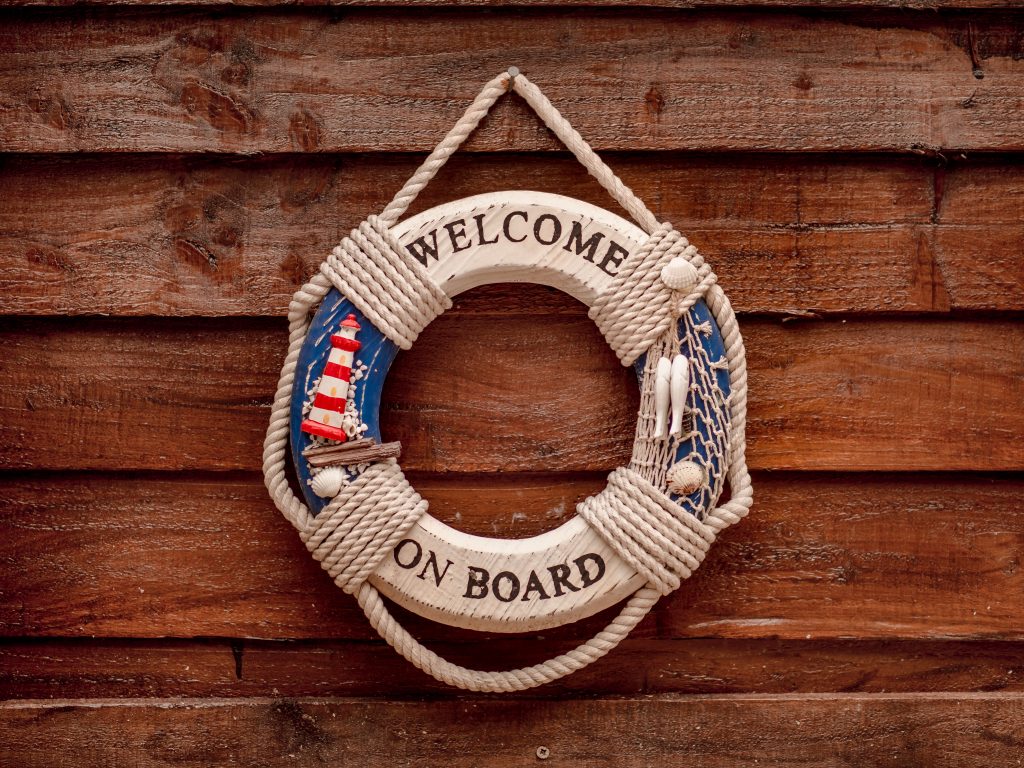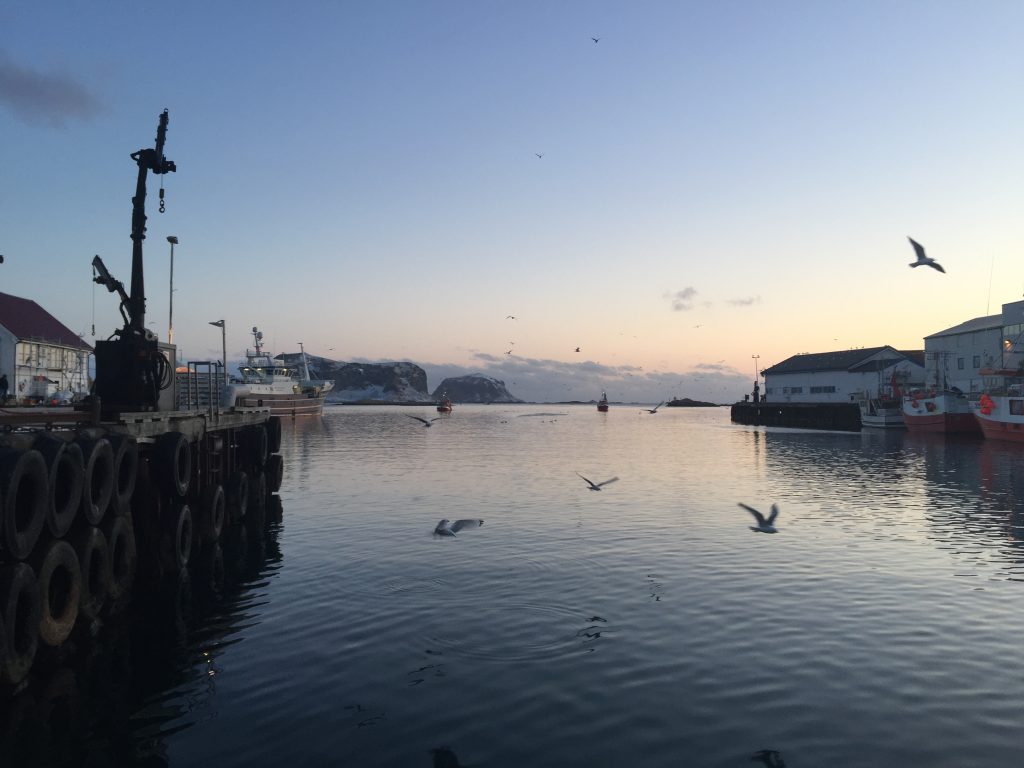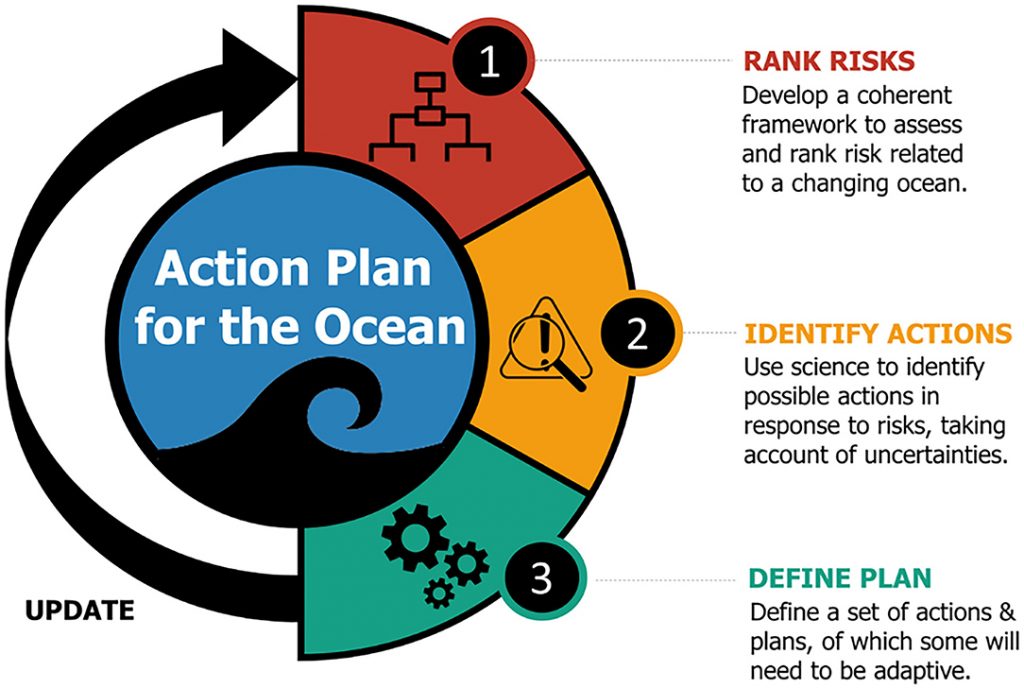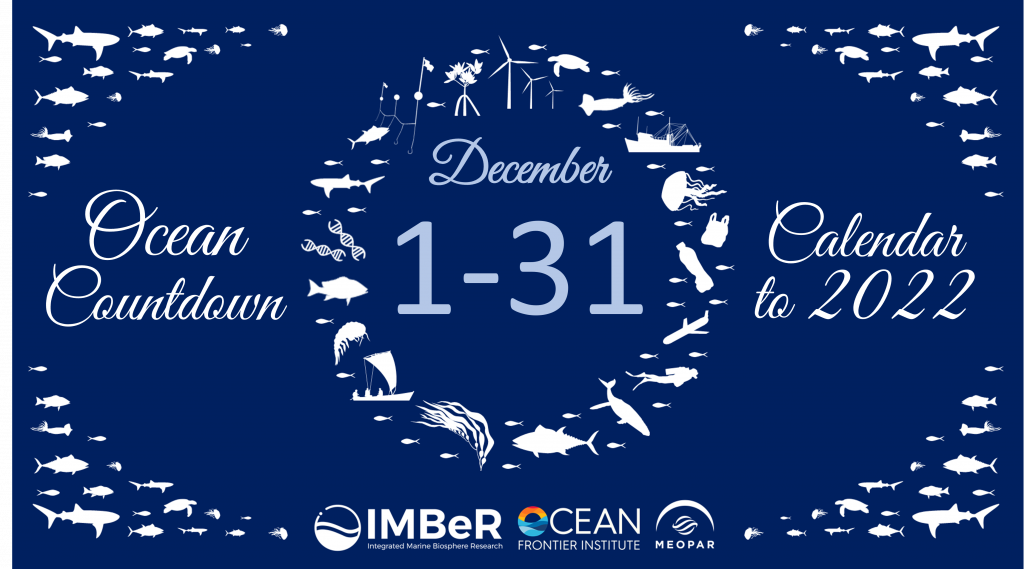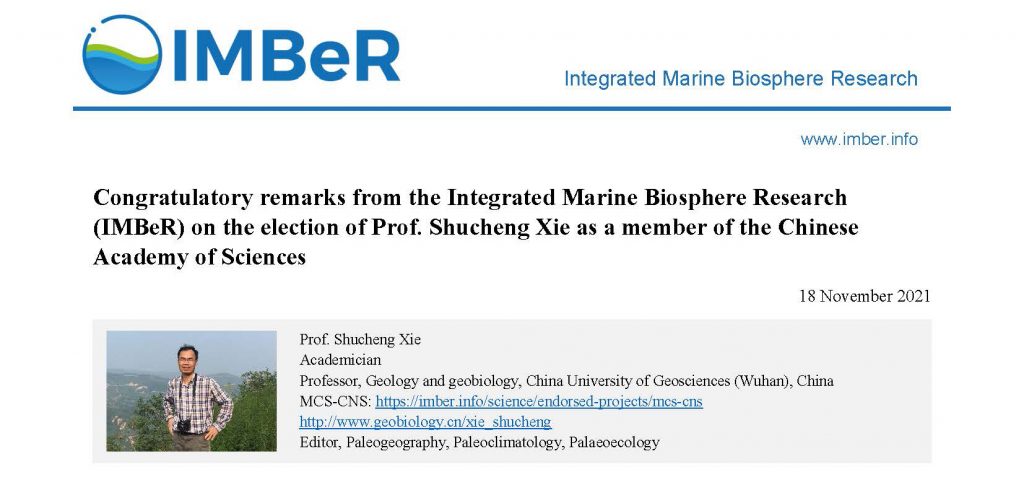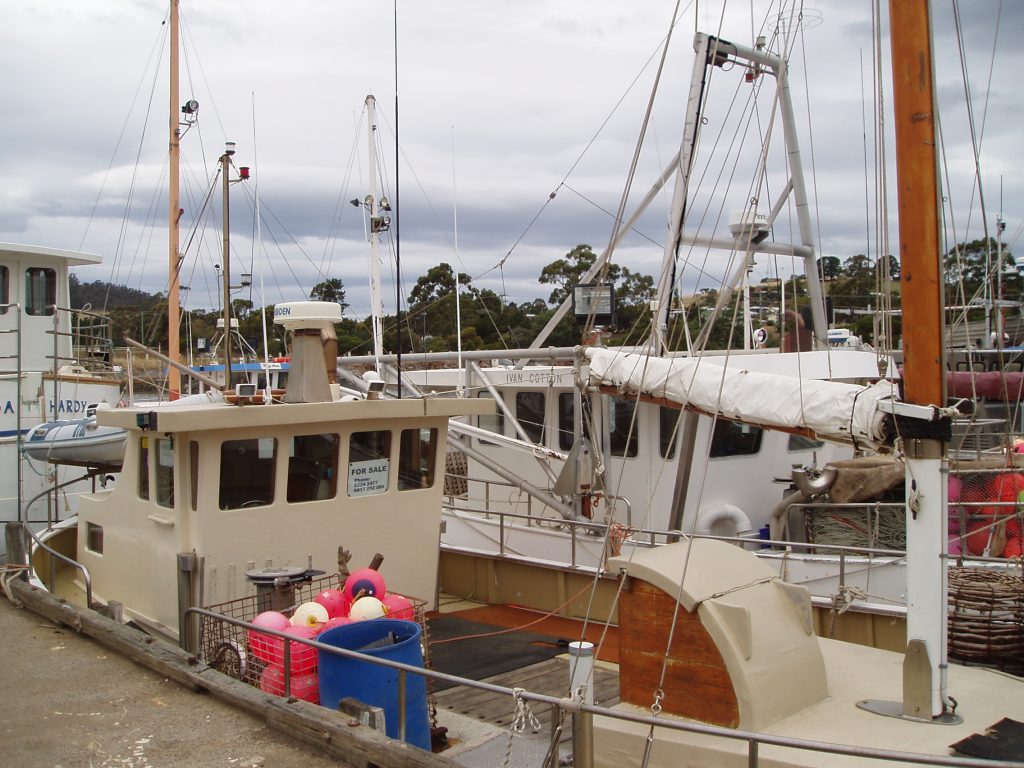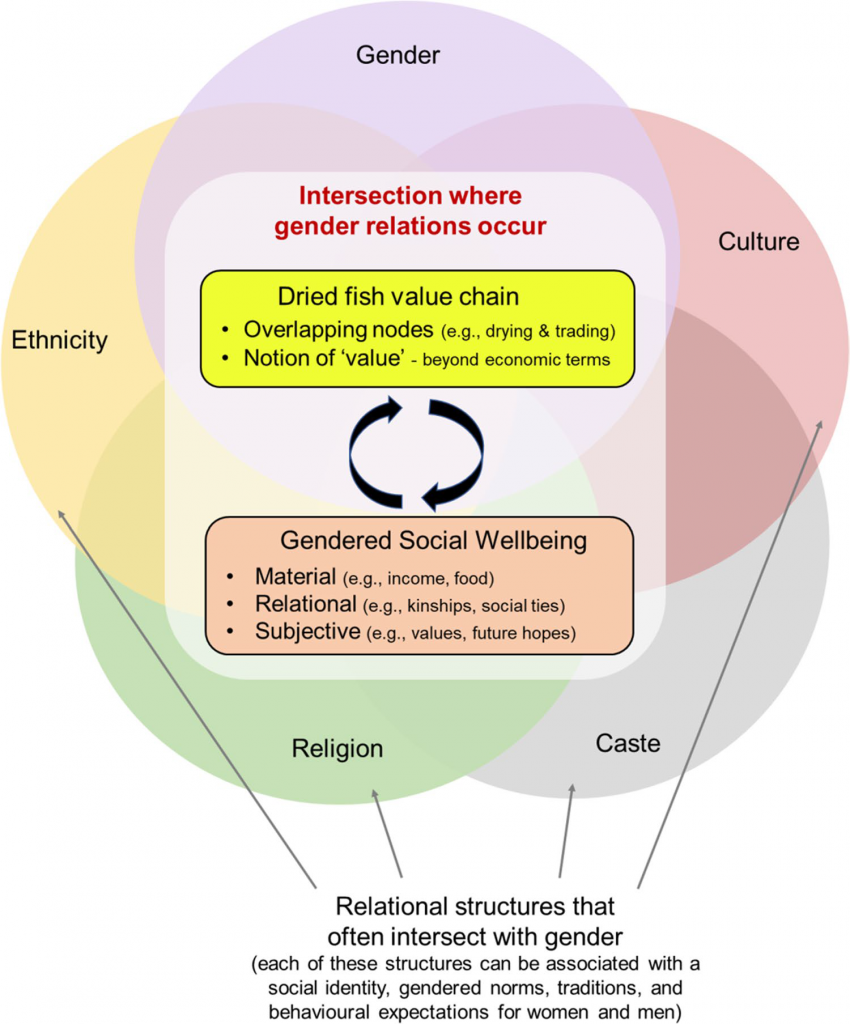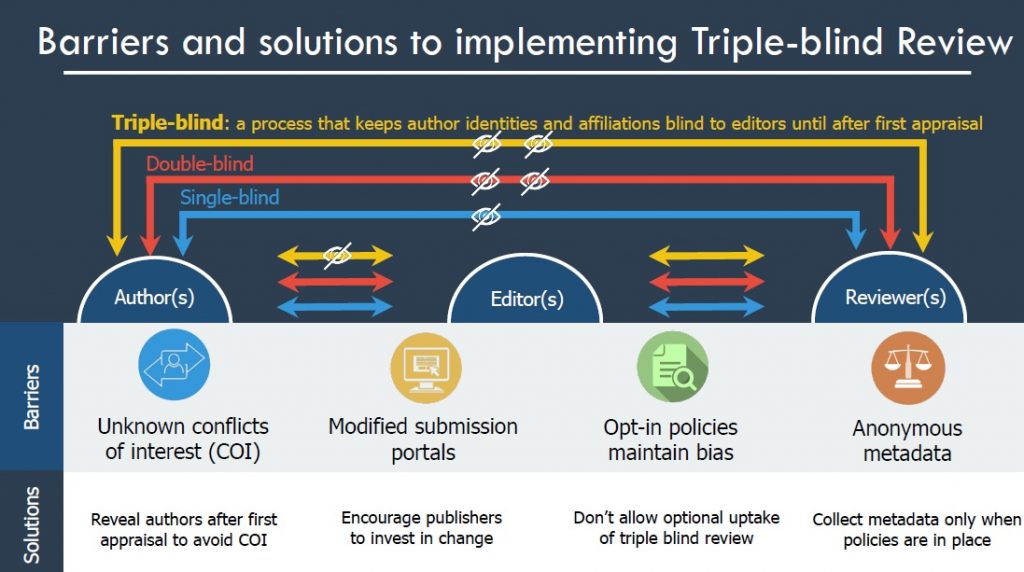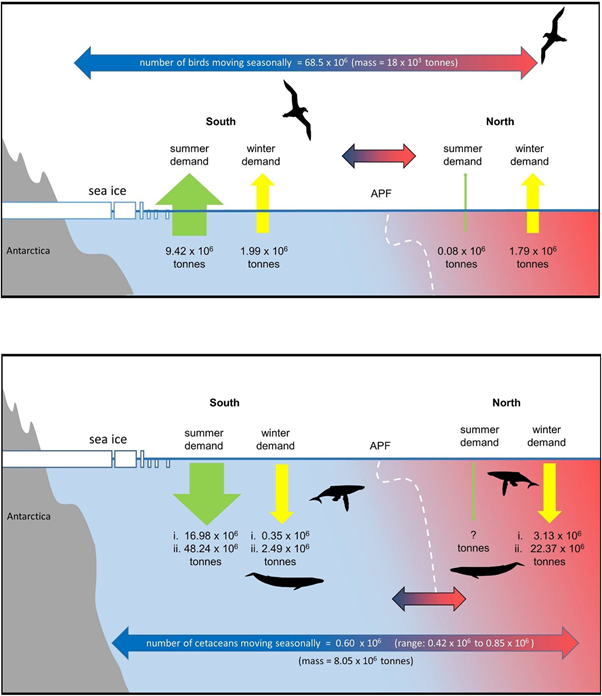Announcing the new members of the IMBeR Scientific Steering Committee
We are delighted to welcome the following new Scientific Steering Committee (SSC) members: Derek Armitage Nina Bednaršek Jingling Ren Samiya Selim (Early Career Representative) Lynne Shannon We are also very pleased to have Dongyan Liu and Boris Worm join us as SSC liaisons with the host institutes our International Project Offices in China and Canada,…
